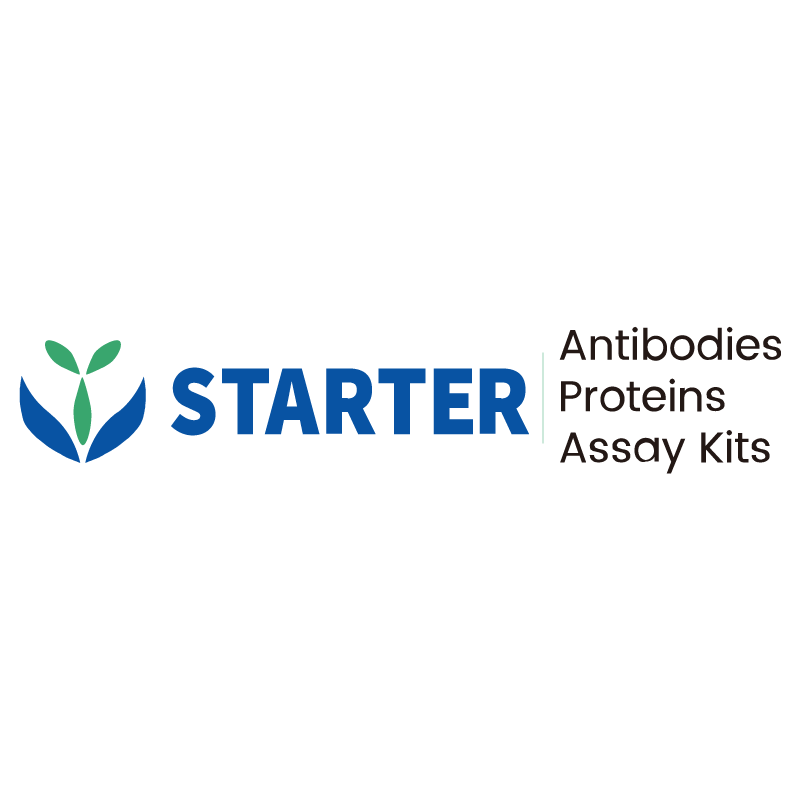Product Details
Product Details
Product Specification
| Host | Mouse |
| Antigen | DAF/CD55 |
| Synonyms | Complement decay-accelerating factor; CR |
| Immunogen | Recombinant Protein |
| Location | Cell membrane |
| Accession | P08174 |
| Clone Number | S-628-1 |
| Antibody Type | Mouse mAb |
| Isotype | IgG1,k |
| Application | FCM |
| Reactivity | Hu |
| Purification | Protein G |
| Conjugation | Alexa Fluor® 647 |
| Physical Appearance | Liquid |
| Storage Buffer | PBS, 25% Glycerol, 1% BSA, 0.3% Proclin 300 |
| Stability & Storage | 12 months from date of receipt / reconstitution, 2 to 8 °C as supplied |
Dilution
| application | dilution | species |
| FCM | 5 μl per million cells in 100μl volume |
Background
Decay-accelerating factor (DAF, also known as CD55) is a complement regulatory protein that plays a crucial role in protecting cells from complement-mediated attack. It is a membrane lipid microdomain-associated, GPI-anchored protein that accelerates the decay of C3 and C5 convertases, which are essential for the downstream formation of the membrane attack complex (MAC) in the complement cascade. This action helps prevent excessive complement activation and subsequent cell damage. CD55 is involved in various physiological and pathological processes, including immune regulation, cancer progression, and tissue protection. In cancer, CD55 can promote malignant transformation, cell survival, angiogenesis, and inhibit apoptosis through intracellular signaling pathways such as JNK, JAK/STAT, MAPK/NF-κB, and LCK. Additionally, it is enriched in the cancer stem cell niche and can be induced by chemotherapeutics and hypoxic environments.


